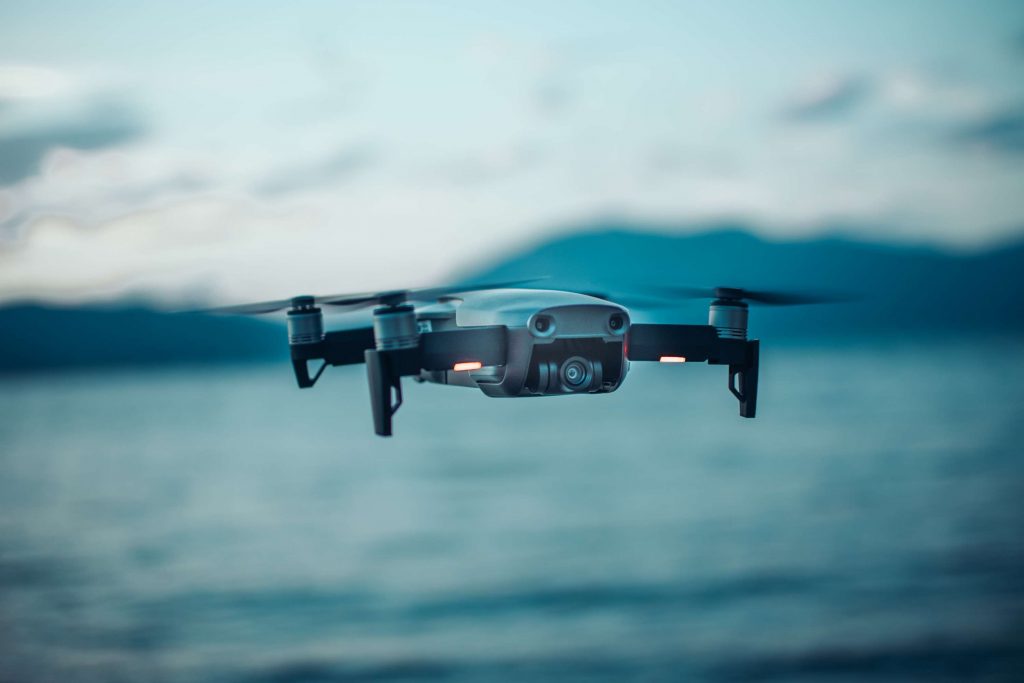Kent Law School drone law expert Dr Alan McKenna says a report published today by the House of Commons Science and Technology Select Committee into commercial and recreational drone use in the UK, is arguably “a rather mixed-bag in terms of its findings and recommendations.”
Dr McKenna is frequently called upon by the media to comment on drone law developments and has previously submitted written evidence to the Committee. He is quoted within today’s report – on page 48 (paragraph 147) – with respect to the legal implications of jamming technologies.
Dr McKenna offers a summary and analysis of today’s report below:
‘Positively the Report recommends that the Government conduct a review into the controversially high cost of its new drone registration scheme, with the proposed annual cost of £16.50 needing to be fully justified. It also recommends that the Government consider allowing organised flying clubs are able to register as a single entity, rather than burdening club members financially with a separate registration requirement as currently proposed.
‘As regards the likely impact of the registration scheme, the Report states, ‘The Government should acknowledge that the proposed scheme will do little to mitigate the risks from nefarious drone users who will simply bypass registration and testing’, but it then goes on to recommend that a sliding scale of penalties for failing to register be introduced that would culminate with a custodial sentence. This is a very questionable recommendation, as clearly if it is accepted that deliberate criminal use of drones will not be deterred by a registration scheme then it must be asked what is the point in introducing a provision as severe as a prison sentence for non-registration?
‘A further questionable recommendation comes with the recommendation that the Government introduce a specific criminal offence prohibiting the weaponisation of a drone. It may be questioned again what purpose this may serve? Defining weaponisation may prove problematic, but as well it can be argued that there is no actual evidence for the need of such legislation and indeed existing legislation should be sufficient.
‘The Report highlights the current challenges faced by drone operators when seeking permission to fly within airport Flight Restriction Zones, with there being no standard practice across the airport sector on how such permission may be granted, and it is recommended creating a standardised and unified system of access request.
‘Also, sensibly, given the controversy that has arisen over the potential severity of damage that might be caused to manned aircraft by drones, the Report recommends that a full risk assessment be carried out by the end of 2020.
‘The Report highlights what appears a failure by Government to have a co-ordinated plan to achieve the benefits of drone technology, and recommends the provision of a clear roadmap for future drone integration into UK society.
‘The Report concludes by pointing to the perceived public distrust towards drones and the need to address this, but it appears to recommend a possible solution based on talking ‘at’ rather than ‘with’ the public, stating, “The Government should act to improve public perception and awareness of drones by launching a public awareness campaign, no later than Summer 2020, that highlights the opportunities presented by drones and informs the public on the reality of the risks posed by drones.”’

